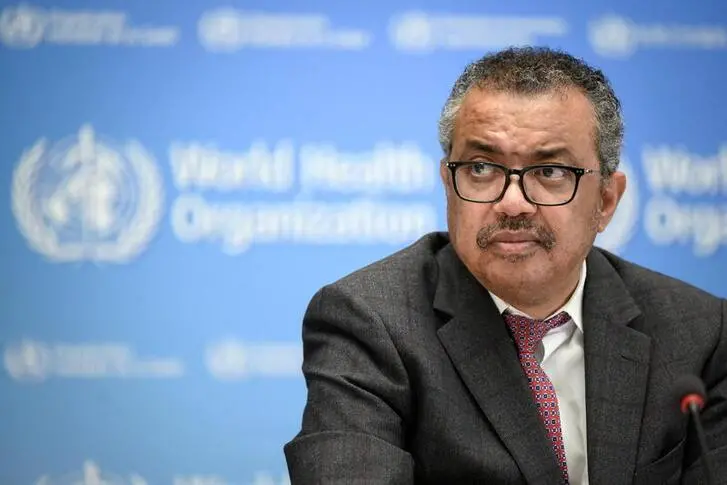PHOTO
GENEVA- The head of the World Health Organization (WHO) said on Monday that Germany had become its largest donor, supplanting Washington, and called for broad changes to reform its funding model.
The United States is resisting a financing proposal that would make the U.N. health body more independent, raising doubts about the Biden administration's long-term support for the agency.
The announcement, confirmed by WHO data, came as the WHO's executive board begins a week-long meeting to discuss its funding and management.
"As you all know, Germany has been an important friend and longstanding partner to WHO and in fact it is now WHO's largest donor," said director-general Tedros Adhanom Ghebreyesus, speaking alongside German Development Minister Svenja Schulze.
Germany is this year's president of the Group of Seven major economies, and Schulze said its top priority was to end the COVID-19 pandemic. She called for a "massively accelerated, truly global vaccination campaign".
Tedros praised Germany's commitment to vaccine sharing as well as its "visionary approach, which is rooted in partnership, solidarity and multilateralism".
Supporters say the WHO's current reliance on voluntary funding from member states and from charities forces it to focus on priorities set by the funders, and makes it less able to criticise members when things go wrong.
A proposal published by the WHO's working group on sustainable financing calls for members' mandatory contributions to rise gradually to account for half the agency's $2 billion core budget by 2028, from less than 20% now.
WHO data up to the end of November 2021 showed Germany topping the table of member states' combined mandatory and voluntary contributions for 2020-2021, followed by the United States and Britain.
Washington remains the top contributor of mandatory funds.
In a speech to the board, Tedros called for a "paradigm change" in WHO funding.
"Let me put it plainly: if the current funding model continues, WHO is being set up to fail," he said.
(Additional reporting by Paul Carrel in Geneva and Francesco Guarascio in Brussels Editing by Gareth Jones) ((mrinalika.roy@thomsonreuters.com; within U.S. +1 646 223 8780, outside U.S. +91 806749 8325;))





















